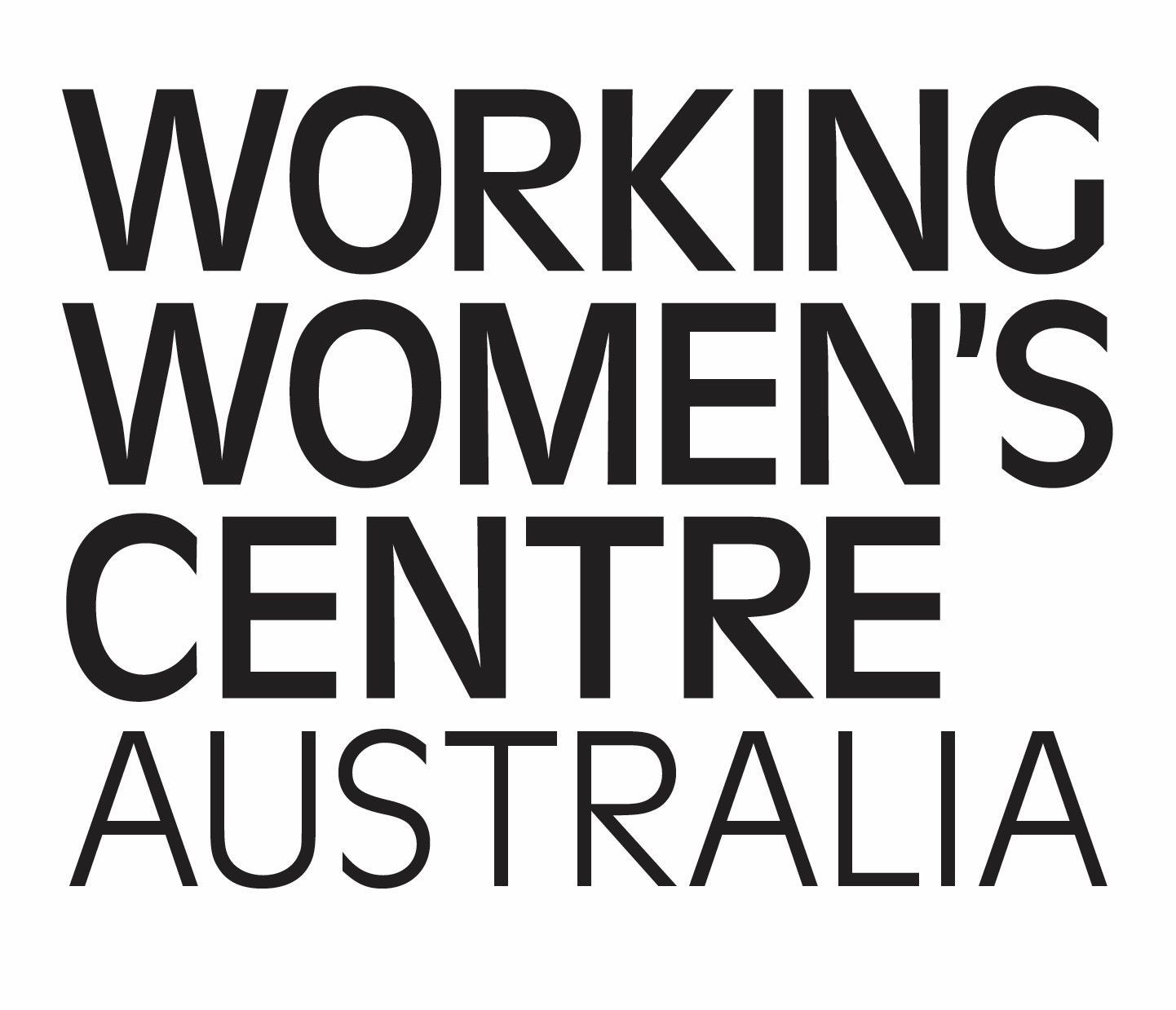What a Year for Working Women’s Centre Australia!
Last week, we wrapped up 2024 with a national planning day, bringing all the Working Women’s Centres (WWCs) together to dream big and set our goals for 2025 and beyond.

What a remarkable year—or rather, six months—it’s been! Since funding began for Working Women’s Centre Australia (WWCA) in July 2024, along with the establishment of WWCs nationwide, we’ve achieved extraordinary growth, driven by our mission to deliver better support, services, and advocacy for working women.
The planning day started with an incredible panel facilitated by our CEO, Abbey Kendall, featuring two powerhouse voices for workers' rights: Helen Creed, a life member of the union movement and subcommittee board member at WWCA, and Abbie Spencer from the Australian Services Union SA + NT, discussing Trade Unions and Working Women’s Centres – Identity and Values. They shared the long-standing relationship between WWCs and unions—built on shared values like fairness, solidarity, and equity.
We also heard from Katrina Ironside, CEO of Women’s Legal Services NSW. Katrina’s stories of activism and legal services for women reminded us all why this work is so important—and so urgent.
Working together was at the heart of the day as Centres shared updates, explored our collective vision and values, and engaged in strategic discussions about governance and workplace issues affecting women. We also reaffirmed our commitment to international solidarity by collaborating with the Working Women’s Centre Timor-Leste, reinforcing our shared goals of empowering working women.
Looking back on 2024, we’re proud of what we’ve accomplished. WWCA was established as a national body as part of implementing Recommendation 49 from the Respect@Work report. This milestone ensures WWCs are now funded in every state and territory, providing more women than ever with access to vital support when they need it most.
As the national body, WWCA brings the Centres together, shares resources, drives campaigns, amplifies women’s voices in policy discussions, and advocates for ongoing funding for the Centres. This year, we started planning our campaign to address the misuse of Non-Disclosure Agreements—a critical step towards breaking the silence in workplace sexual harassment and discrimination.
As we look ahead to 2025, we’re full of energy, ideas, and hope. With feminist principles, union values, and a shared commitment to activism leading the way, we’re ready to take on new challenges and keep fighting for a fairer, safer future for all working women.
To everyone who’s been with us on this journey—thank you. Your solidarity fuels our work and inspires us to keep pushing for change. As we gear up for another year, the Working Women’s Centre Australia wish you a safe, joyful, and empowering New Year.
See you all in 2025!
Ann-Marie Hayes, Chair of the Sub-Committee Board, opened the planning meeting day for Working Women’s Centres participants.
Panel facilitated by WWCA CEO Abbey Kendall featured Helen Creed, WWCA Subcommittee Board Member, and Abbie Spencer from the Australian Services Union SA + NT.
Katrina Ironside, CEO of Women’s Legal Services NSW, presented Beautiful Weeds: Stories of Women’s Activism and Legal Services.
Nicki Petrou, Director of NT Working Women’s Centre, shared updates.
Working Women's Centre Australia
Phone: (08) 8410 6499
Hours: 9am-5pm, Monday to Friday
Address: Level 2, 81 Flinders Street- Adelaide SA 5000
For support with work-related concerns, please reach out to the Working Women's Centre in your state or territory.

We acknowledge the Kaurna people as the traditional and continuing custodians of the land on which we work, along with the First Peoples language groups and communities across Australia. We pay our respects to Elders past and present. First Nations sovereignty has never been ceded; this always was and always will be Aboriginal land.
The Working Women’s Centre Australia understands the term ‘working women’ mean all women (this includes cis and trans women) and non-binary people (this includes people who are gender diverse, gender fluid, masculine or feminine) who meet our service eligibility criteria.
Funded by:

The information contained in this website is intended as a general guide only. It is not intended as a substitute for legal/industrial advice. Employment laws change regularly and often differ from state to state. We recommend that you contact one of our experienced industrial officers at the Working Women's Centre in your State or Territory for further information.









